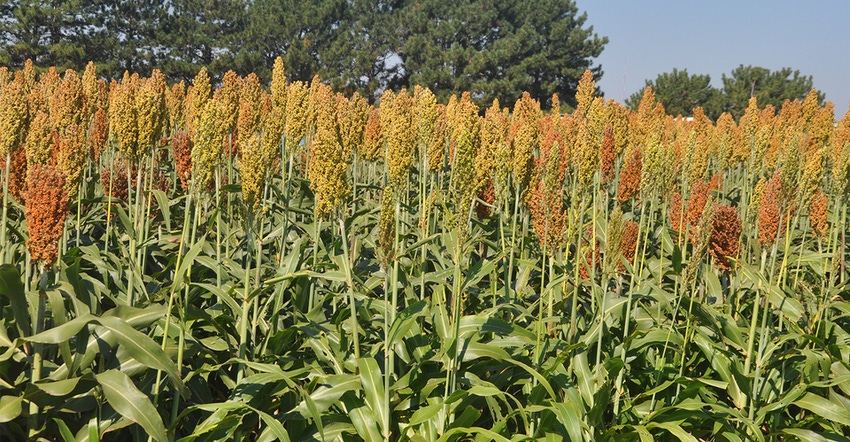August 27, 2018

By John Duff
Every financial downturn in farm country brings a wave of heartbreaking headlines and debates about mental health in rural America. Today’s downturn is no exception, so this month I want to bring a message from a man who can attest there is life — abundant life — after farming. This is the most important topic that will ever be covered in this column, so I kept it in Bert Gibson’s own words. Thanks for your telling your awesome story, Bert.
Thanks for making time for this. I know it can be a tough subject.
I’m always willing to help. It’s just what we’re supposed to do.
You grew up in production agriculture. Tell me about your hometown.
I grew up in a little town in northeast Gaines County, Texas, called Loop. I was one of six in my graduating class, so we were involved in just about everything. My dad was a farmer, so I really enjoyed FFA. I actually got my American FFA Degree, and I recommend the national convention to anyone!
Agriculture may be the only industry where family considerations motivate people more than money. Tell me about your family.
After I graduated from Loop in 1980, I moved to Lubbock, Texas, to attend Texas Tech University. I was late to class one day during my third year, and I happened to sit two chairs down from Kendra Myatt (who also grew up in a West Texas farm family). We just celebrated 34 years of marriage, and we’ve been truly blessed with three awesome kids, Chris, Josh and Rachel.
You went home to the farm after school. How long was your career?
My degree was agricultural economics with a finance emphasis, so my choices were banking and farming. Going home seemed to be what I was being called to do, so we decided to go be farmers. We moved to Loop, and I started farming full time in 1985. My dad and I had around 3,000 acres—mostly dryland cotton—when we were at our largest, and I farmed full-time for 30 years.
Tell me about your transition out of farming.
The 2014 crop was my last one, and I knew really soon because it just didn’t rain. I knew getting out of farming was going to be an ordeal, but I prayed about it and felt peace about it. We made the leap not knowing what was next, but everything we do in life takes faith, so I knew faith would get us through this.
How did you manage the mental and emotional aspects of the transition?
My farm sale was a big blow, but I had peace about it. God had showed me that being a farmer isn’t who I am. A son of God is who I am. A family man is who I am. Farming is what I did, and it was a blessing, but that’s not who I am. This truth helped me more than anything.
You have always tried to put others first. How has this helped keep things in perspective?
A couple years before I quit farming, in 2012, Kendra and I started to actively engage in ministry. We seem to have been blessed with a gift for it, and anywhere we went we had the opportunity to minister to people. There are hurting people everywhere, and I believe showing them love is what we’re called to do. Faith and love of others is really all we’re here for.
Duff is a strategic business director for National Sorghum Producers. He can be reached by email at [email protected].
You May Also Like




